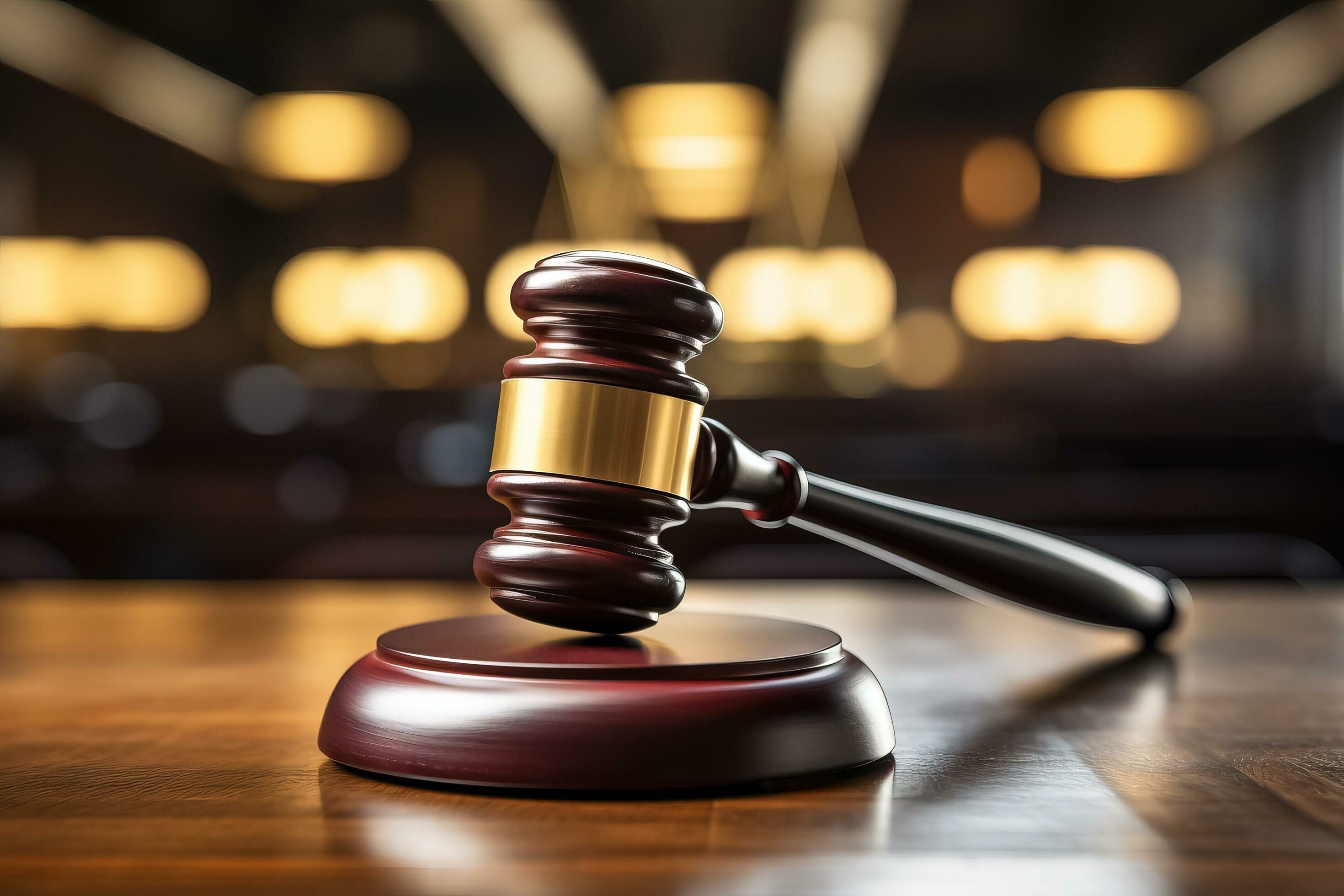 Gavel illustration
Gavel illustrationThe High Court in Nairobi has heard submissions in a petition that challenges directives issued in 2018 that banned Marie Stopes Kenya from conducting public awareness campaigns and providing abortion services.
The case was filed by the Network for Adolescents and Youth of Africa (NAYA–Kenya) and Jackline Mary Karanja, represented by the Centre for Reproductive Rights through counsel Timothy Thondu.
They are supported by several interested parties, including the Reproductive Health Network Kenya (RHNK), FIDA–Kenya, KELIN, and the Kenya National Commission on Human Rights (KNCHR).
The petitioners argued that bans imposed by the Kenya Film Classification Board (KFCB), the Kenya Medical Practitioners and Dentists Board (KMPDC), and the Director of Medical Services (DMS) were unconstitutional, exceeded the powers of those bodies, and infringed on women's and adolescents’ rights.
They contended that KFCB lacked the authority to ban a radio reproductive health awareness campaign, since its mandate is limited to films and stage plays.
They further alleged that the KMPDB unlawfully banned abortion services, despite lacking jurisdiction over facilities like Marie Stopes Kenya, while the DMS directive halting post-abortion care violated Article 43 of the Constitution, which guarantees emergency medical treatment.
“The bans imposed by the KFCB, KMPDC, and the DMS were unconstitutional, exceeded their legal mandate, and violated fundamental rights,” stated the counsel.
The petitioners argue that the ban stigmatises reproductive health services, undermines the Constitution, and leaves women and girls unable to access lifesaving care.
They are seeking a declaration that the actions of the officials were unconstitutional and that those involved are unfit to hold public office for breaching principles of good governance under Articles 10 and 232.
“By halting post-abortion care, the Director of Medical Services acted contrary to Article 43 of the Constitution, which guarantees emergency medical treatment.”
However, respondents through lawyer Charles Kanjama opposed the petition, maintaining that the actions of the respondents were both lawful and constitutional.
Kanjama argued that the directives fell within their mandate under the Public Health Act, and that Section 7 of the Sixth Schedule of the Constitution allows pre-2010 statutes to remain in force.
Kanjama submitted that the petitioners had not directly challenged the statutes themselves, but were instead presuming them to be unconstitutional.
“The petition does not directly challenge the validity of the statutes but merely presumes them unconstitutional.” Kanjama submitted.
He insisted that the Director of Medical Services and other medical officers were properly empowered to regulate matters of public health, including reproductive services.
The Court heard both written and oral submissions from the parties and scheduled the matter for further directions on December 5, 2025.















